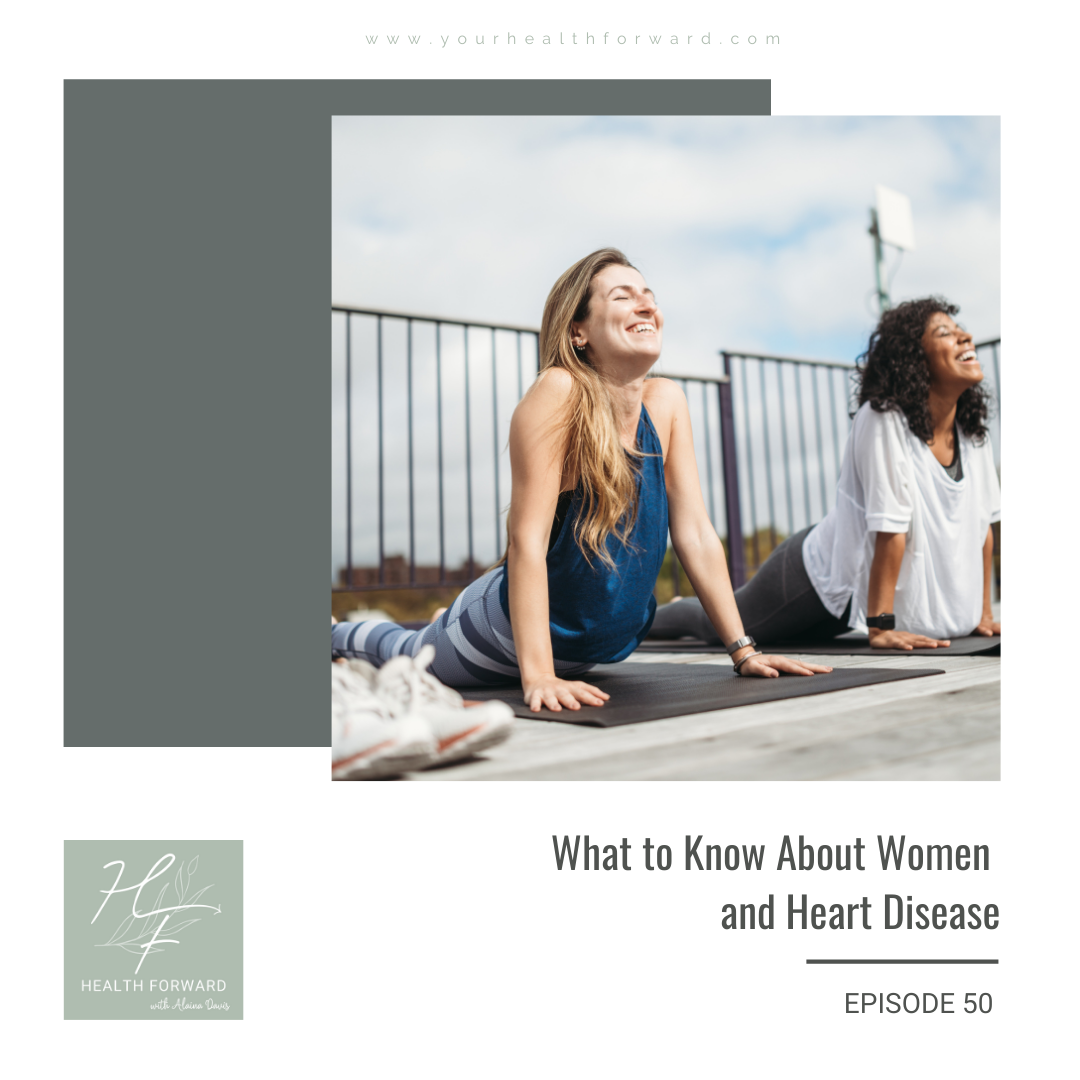How Oral Health is Connected to Overall Health with Melody Frank, RDH
In this episode, Melody Frank, RDH is sharing how our oral health directly affects the quality of our overall health. She is also sharing tips and recommendations for good dental home-care and periodontal disease prevention.
Hi friends! In this episode of the #hfpodcast, my friend and Registered Dental Hygienist - Melody Frank, is sharing how our oral health directly affects the quality of our overall health. She is also sharing tips and recommendations for good dental home-care and periodontal disease prevention.
LISTEN HERE: APPLE PODCASTS | SPOTIFY | STITCHER
Questions Answered in this Episode:
How is oral health connected to the overall health of the rest of the body?
What are some common things that we do that can be damaging to our oral health?
Are there things, besides normal brushing and flossing, that are supportive of our oral health?
Give us all the deets about oral hygiene - how often should we really brush and floss? What are your tips for people who hate flossing?
Resources Mentioned In this episode:
Ask the Dentist, Teeth Talk Girl
You May Also Like…
What to Know About Women and Heart Disease
Did you know that Heart Disease is the number one cause of death for most women in the United States? February is American Heart Health Month and in this episode, I’m going to focus specifically on what we need to know to lower our risk factors and ensure good heart health for years to come!
Did you know that heart disease is the number one cause of death for women in the United States? Surveys show that over half of us are unaware that heart disease is such a risk. We tend to think of things like cancer being more of a risk, and while we definitely need to be thinking about that, research shows that for most American women heart disease is the number one cause of death.
In addition to the risk of Heart Disease being somewhat unknown, it’s also not well known that the signs and symptoms of a heart attack or another cardiac-related event can be very different for women than they are for men.
TUNE IN: APPLE PODCASTS | SPOTIFY | STITCHER
There are many factors that increase your risk for heart disease:
High blood pressure
High triglycerides and low HDL
Diabetes
Metabolic syndrome (Combination of high triglycerides/ low HDL, high blood pressure, high blood sugar, and excess fat tissue around the waist. Harvard med says this is the biggest risk factor)
Dysbiosis / poor gut health (Research shows that the gut microbiome influences many health parameters, including cardiometabolic health. One study provides evidence that certain families of gastrointestinal bacteria can either positively or negatively affect cardiovascular health. The microbiome is also known to affect metabolism and may contribute to insulin resistance and metabolic syndrome. Other studies found a negative correlation between certain gut bacteria and arterial stiffness.)
Smoking / Oral Birth control meds
Chronic high inflammation levels or inflammatory disorders
Sleep Apnea / poor quality sleep (Poor sleep quality was related to lower HDL-c and higher triglyceride levels in girls, suggesting the clinical importance of improving sleep hygiene to reduce metabolic risk factors in children and adolescents.)
Family history
Not only are the risks different for heart disease but the symptoms of a cardiac event, specifically a heart attack, are different for women, as well. While it is still common to have chest pain or pressure, some women never experience that. Other common symptoms include:
Pain in jaw, neck, back, or upper arm
Nausea or stomach pain
Dizziness or light-headed
Sweating
Shortness of breath
How can we minimize our risk or work to reverse some of the health issues we may already have?
The good news is that a lot of the chronic health conditions that I listed above can be significantly improved or even reversed with lifestyle changes. We can do things to...
Regulate blood sugar levels
Lower triglycerides levels
Increase HDL
Improve microbiome
Decrease inflammation
This leads you to ask me how - how can we practically do those things?
Eat regular balanced meals throughout the day. No skipping meals / no stand-alone carbs or proteins (keep blood sugar levels stable)
Eat lots of plants + omega -3 fats (decrease inflammation, feed good gut bugs, increase HDL, lower LDL)
Reduce artificial foods, trans fats, and refined sugars (decrease inflammation, lower triglycerides)
Exercise 30 min day (2 days strength at least - decrease inflammation, helps with sleep, improves gut health, decreases stress, helps with insulin sensitivity, increase HDL)
Deal with stress (breathing + exercise, talk it out, adaptogens - lowers inflammation, improves sleep, improves gut health, helps with adrenal function and hormone balance)
Prioritize sleep (deal with underlying issues, good sleep habits - inflammation, healing and restoration, cell turnover, mental health, stress)
Add quality supplements to fill in gaps (whole food multi, omega 3, probiotic + collagen/bone broth)
So it’s easy to see how what we might consider just basic healthy lifestyle behaviors can really affect our long-term health over time. We tend to want to do the more extreme things, the more trendy things or to just take a supplement or whatever new product is on the market, but really when it comes to the optimal functioning of our bodies and our long-term health, the simple, basic steps really do make a difference. These are mostly the same behaviors and lifestyle changes that I talk about often - when talking about hormone health or gut health - just about any health issue, really. These are the fundamentals, the foundation, for good health, both now and when we are in our 80s. They matter and they make a difference.







